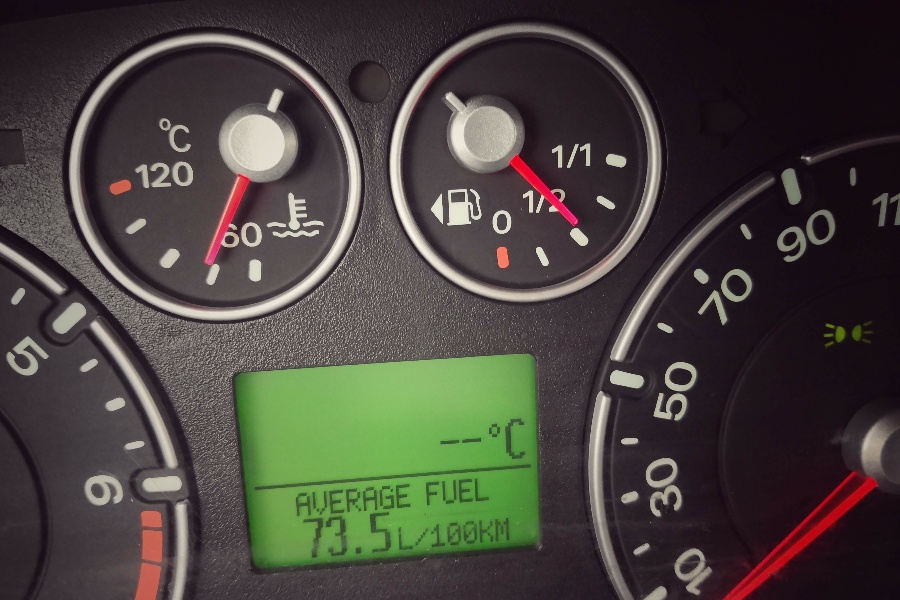
Fleet management companies are always looking for ways to increase efficiency and save money. However, the industry is full of challenges, such as tight budgets, increased regulations, and soaring competitive pressures. These might discourage management when attempting to improve operations.
Among these difficulties, the most significant is fuel efficiency. Most fleets have been unable to maintain fuel efficiency due to various reasons.
This problem has cost them a lot of money since fuel costs comprise a large part of operating expenses for most businesses. In this article, we discuss the top 3 factors affecting fleet fuel efficiency.
1. Type of Vehicle and Weight
Fleet vehicles, especially for security companies, electricians, and home services, take various forms from cars to vans and trucks. These vehicle types differ in weight and fuel efficiency. Generally, a lighter vehicle is more fuel-efficient than a heavier one in a similar category due to the difference in mass. In some cases, a heavier vehicle might be more appropriate to carry additional weight and reduce the number of trips.
However, due to most fleet managers using the wrong type of vehicle, they end up with significantly lower fuel efficiency than expected. They also make numerous trips which affect cost-effectiveness further.
2. The Drivers and Driving Techniques
Drivers affect fleet fuel efficiency to a greater extent. Those who use fuel-efficient driving techniques contribute to a decrease in fuel costs. They may drive at a constant speed, accelerate gently, and brake in advance. Such practices increase the fuel efficiency of the fleet.
Unfortunately, considerate drivers are rare in most fleets. Instead, most drivers tend to do the opposite of the mentioned practices. Their behavior reduces fuel efficiency significantly and even leads to minor losses. When this happens, the fleet manager needs to motivate drivers to adjust their driving styles to save fuel.
3. Poor Route Optimization
Poor optimization of travel routes is another factor affecting fleet fuel efficiency. An optimized travel route considers the destination, required fuel, load, and other factors to calculate the most logical one. This measure decreases fuel costs by increasing the vehicle's speed and reducing the time of delivery.
However, the problem is that most companies ignore or conduct poor route optimization. It leads to drivers taking longer routes that end up consuming a lot of fuel. The practice inconveniences customers like home service clients who want their stuff delivered on time.
How to Reduce Fuel Consumption
There are different ways a manager can reduce fuel consumption. Here are some of the most relevant.
- Maintain the vehicles. Since poorly maintained fleets consume more fuel, it is reasonable to keep them in good order.
- Monitor driving. To prevent motorists from driving recklessly and consuming more fuel, managers can use systems that monitor driving.
- Use route optimization. Route optimization is a fundamental aspect that allows you to use the nearest vehicle and take the shortest route possible.
- Reduced weight load. If possible, it is always a good idea to reduce the amount of weight each vehicle carries.
- Modify the vehicle. There are specific car parts that you can modify to save fuel.
Looking For Fleet Management Services?
Wilmar is the largest southeast fleet leasing and management company with headquarters located in Charlotte, North Carolina. Our objective is to provide customized vehicle solutions that assist our customers in running their businesses more efficiently. We offer services to all local enterprises with vehicles, home services, electricians, and security companies.
Conclusion
Fleet managers have a significant impact on their fleet's fuel efficiency. They can either optimize that or reduce it significantly depending on their practices and decisions. To enhance the fleet's efficiency, managers should follow the tips mentioned in this article. For efficient fleet management services, contact us and arrange for a consultation.








